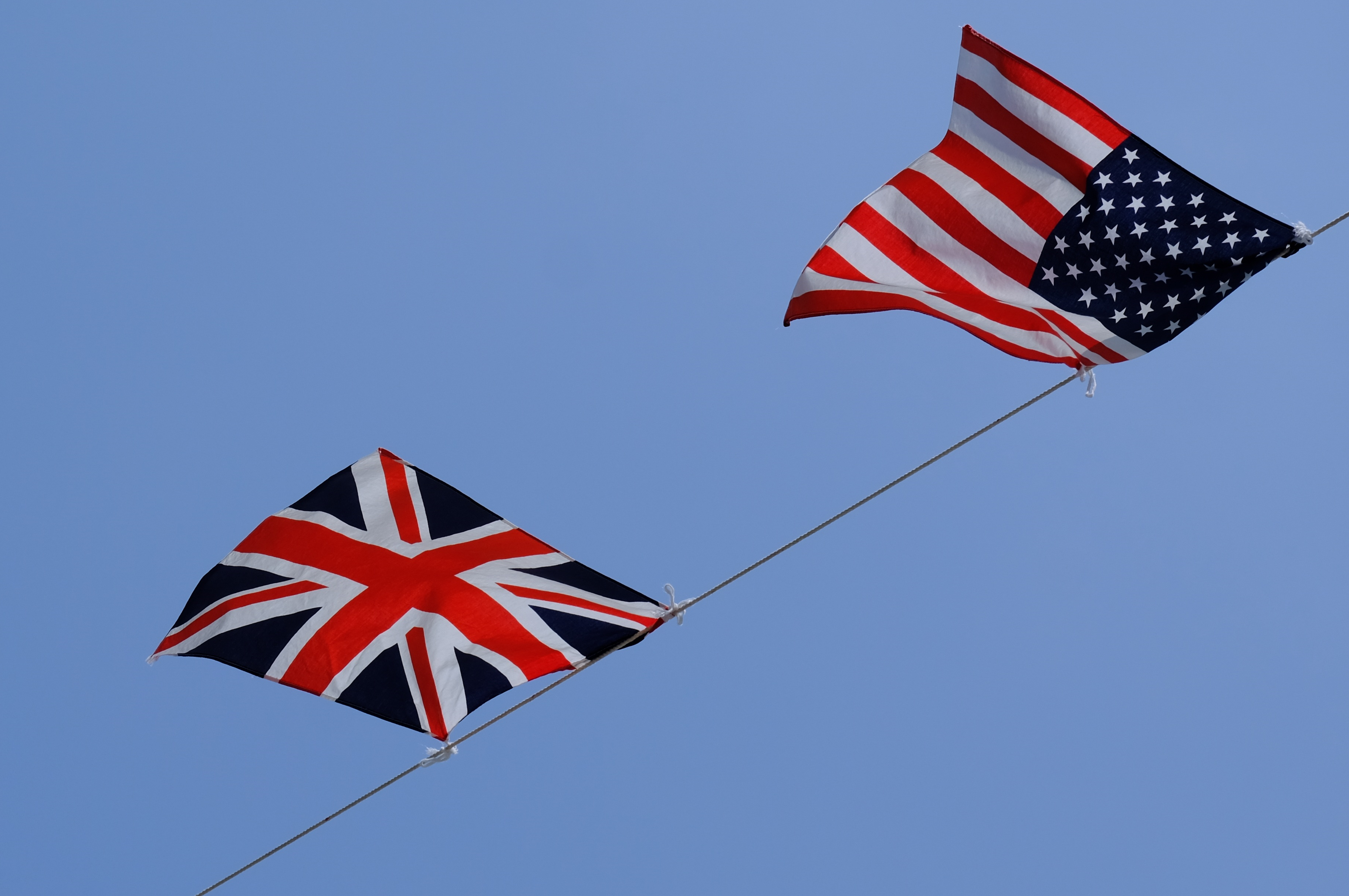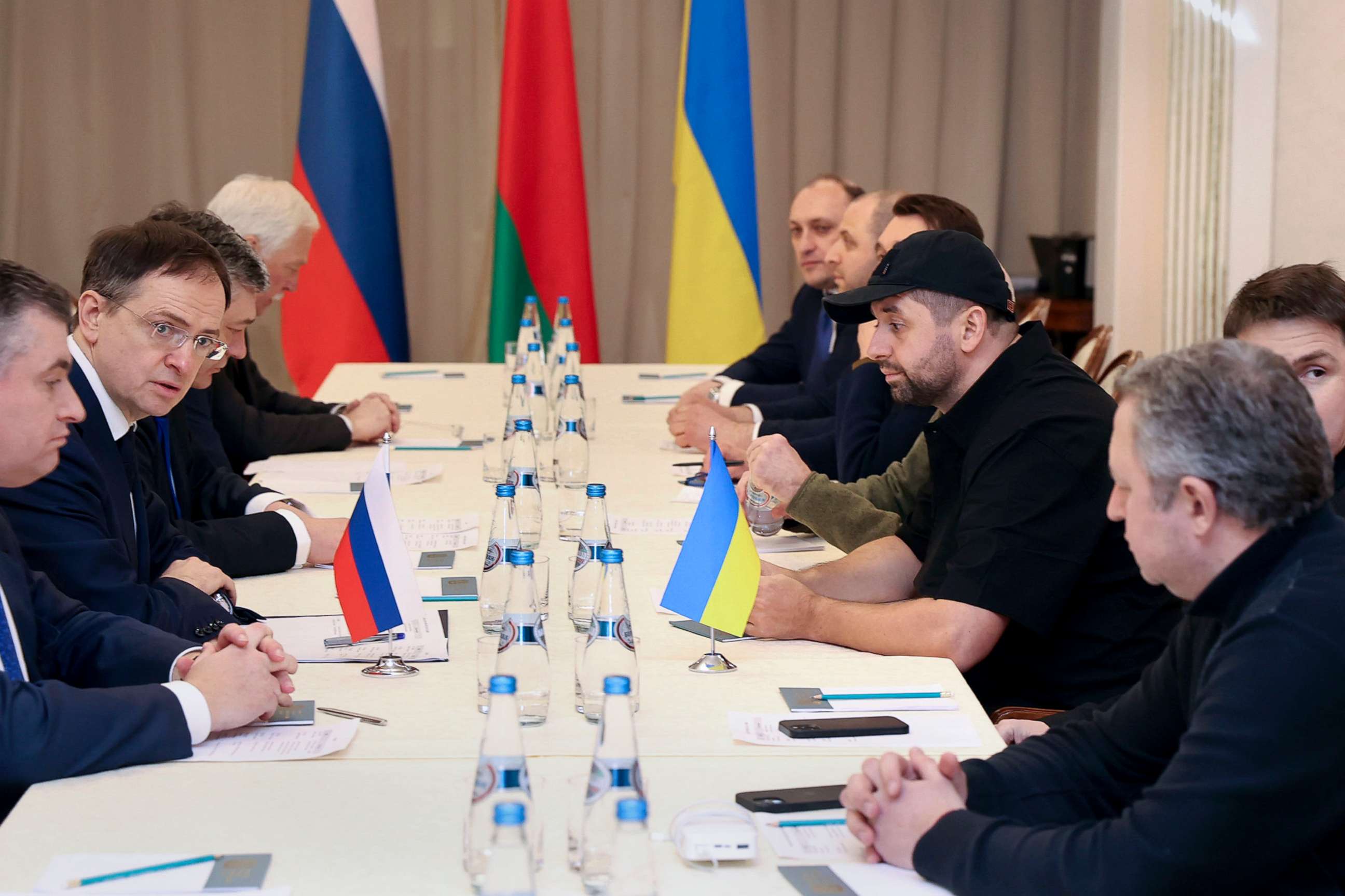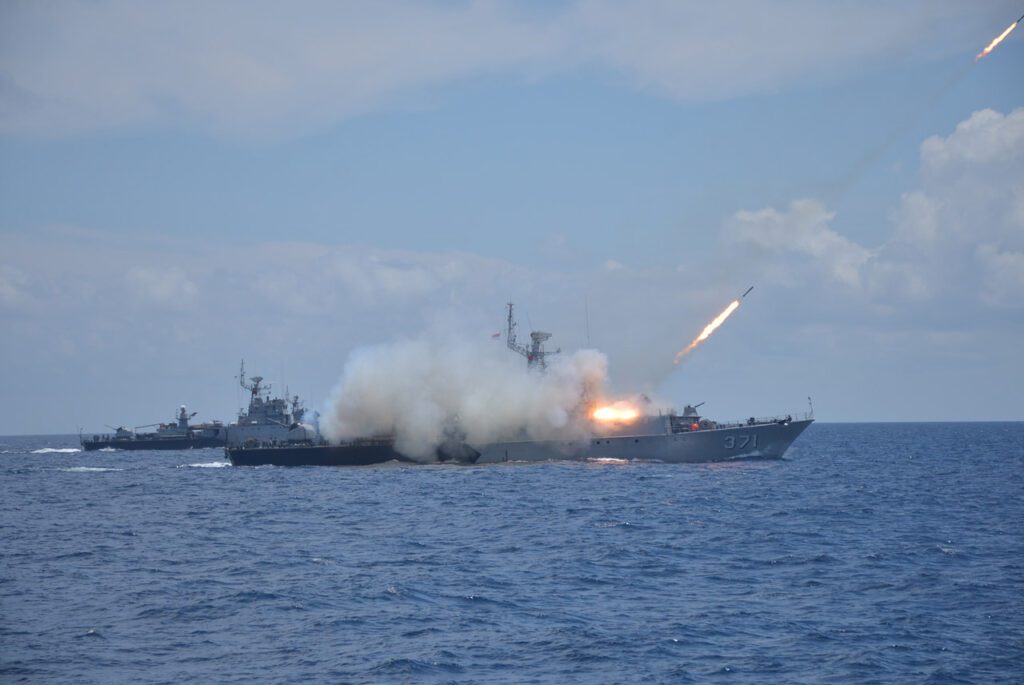
Trump and Starmer Navigate Trade Tensions While Planning Royal Visit in Key Diplomatic Call
Trump-Starmer Call Signals Complex New Chapter in Trans-Atlantic Relations
Tariff Tensions Loom as Leaders Navigate Ukraine Strategy and Royal Visit Plans

Against the backdrop of new American tariffs and simmering global conflicts, President Donald Trump and British Prime Minister Keir Starmer held a consequential phone call Friday that outlined the contours of a relationship critical to both nations' economic and security interests.
The 45-minute conversation, described by officials from both governments as "substantive and forward-looking," covered everything from thorny trade negotiations to coordinated approaches on Ukraine and Middle East security. It also confirmed plans for President Trump's September state visit to the United Kingdom at the invitation of King Charles III.
"This call represents a critical juncture in UK-US relations," said a senior British diplomat with knowledge of the discussion. "Both leaders recognize the stakes involved in getting this relationship right, especially given the current global economic headwinds and security challenges."
Trade Talks Under Shadow of Tariffs
The conversation occurred just weeks after the implementation of President Trump's sweeping tariff regime, which imposed a 10% levy on most British exports and a steeper 25% duty on cars, steel, and aluminum – measures already sending shockwaves through the UK manufacturing sector.
Table: UK Exports to the US by Key Sector in 2024, Highlighting Cars, Steel, and Aluminum
| Sector/Commodity | Export Value (£bn) | Share of UK-US Goods Exports | Recent Trends/Issues |
|---|---|---|---|
| Cars | 8.3 | 13.8% | Leading goods export; facing new 25% US tariffs |
| Steel | N/A | N/A | 25% US tariffs; exports down 14% vs 2018 |
| Aluminum | 0.225 | ~0.4% | 25% US tariffs; order slowdown, risk of diversion |
| Machinery | 14.74 | 24.5% | Major export category |
| Pharmaceuticals | 6.53 | 10.8% | Second-largest goods export |
| Services (Total) | 126.3 | N/A | Dominated by business, financial, and tech services |
During the call, Prime Minister Starmer "reiterated his commitment to free and open trade and the importance of protecting the national interest," according to a Downing Street spokesperson. This carefully worded statement reflects the delicate balance Starmer must strike between pursuing a favorable trade agreement with the US while not appearing to capitulate to American demands that could compromise UK standards or its relationship with the European Union.
President Trump, meanwhile, maintained his characteristically unhurried approach to trade negotiations with European partners. "I'm in no rush," the President reportedly told Starmer regarding timeline expectations for a comprehensive trade deal, echoing his public statements that tariffs are benefiting the US economy and strengthening its negotiating position.
At Jaguar Land Rover's plant in Solihull, where exports to the American market have suddenly become 25% more expensive, the impact is already being felt. "We're looking at potential production adjustments if this continues beyond summer," said a company representative. "These tariffs came at precisely the wrong moment for our US expansion plans."

Ukraine Fatigue and Strategic Recalibration
The leaders devoted significant time to discussing the ongoing conflict in Ukraine, which has now entered its fourth year with no clear resolution in sight. The conversation took place against a backdrop of growing signals that the United States may be reconsidering its approach to Ukraine peace negotiations.

Secretary of State Marco Rubio's recent "days-not-weeks" ultimatum regarding progress in peace talks has sent tremors through European capitals. According to sources familiar with the call, President Trump expressed growing frustration with the protracted nature of the conflict and its costs to American taxpayers.
"There's a sense in Washington that European partners need to shoulder more of the burden," said a defense analyst who consults for both governments. "The President's position appears to be that America has invested heavily in Ukraine's defense, and now tangible diplomatic progress must follow."
Military and financial aid committed to Ukraine by the US and European countries since 2022.
| Donor | Military Aid (€ Billion) | Financial Aid (€ Billion) | Total Aid (€ Billion) | Data Reference Period | Source |
|---|---|---|---|---|---|
| United States (US) | ~64.1 | ~46.6 | ~119 - 128 (USD) | Jan 2022 - Dec 2024 / Feb 2025 | Kiel Institute / CFR / VOA |
| European Union (Institutions & Member States combined) | ~62 | ~57 (EU Inst. + Members) | ~132 - 138 (USD) | Jan 2022 - Dec 2024 / Feb 2025 | Kiel Institute / Wikipedia |
| Germany | ~17.7 (Allocated) | ~3.8 (Allocated) | ~25.5 | Jan 2022 - Dec 2024 | Kiel Institute via Statista/Reddit |
| United Kingdom (UK) | ~12 (Allocated) | ~13.6 (Allocated) | ~27.2 | Jan 2022 - Dec 2024 | Kiel Institute via Statista/Reddit |
Energy markets have already begun pricing in the possibility of American disengagement from Ukraine mediation efforts, with European natural gas futures climbing 3.7% in the past week. Industry analysts suggest this reflects growing concern that Europe may face renewed energy security challenges if US strategic priorities shift.
Middle East Security and Regional Stability
The conversation also covered pressing issues in the Middle East, with particular focus on Iran and the ongoing campaign against Houthi forces in Yemen. Both leaders expressed concern about Iranian influence in the region and reaffirmed their commitment to regional stability.
This alignment on Middle East security issues stands in contrast to some of the trade tensions, highlighting how the UK-US relationship continues to function effectively in security domains despite economic friction.
"The defense relationship remains rock-solid," said a former UK military commander who now advises on transatlantic security matters. "British and American forces continue to coordinate seamlessly in the Red Sea operations against Houthi threats to international shipping, and that operational cooperation hasn't been affected by disputes in other areas."

This security cooperation has translated into one bright spot for British industry: defense manufacturers like BAE Systems remain exempt from the new tariff regime, a carve-out that underscores the strategic importance Washington places on defense industrial cooperation.
Royal Diplomacy and State Visit Dynamics
Perhaps the most concrete outcome of the call was confirmation of President Trump's state visit to the United Kingdom, likely to take place in September 2025 at the invitation of King Charles III.
A state visit is the highest-ranking, most formal type of visit a head of state makes to a foreign country, upon invitation by the host head of state. Characterized by significant ceremony and protocol, it serves key diplomatic purposes and represents the highest level of bilateral relations, distinct from less formal official visits.
The state visit represents a significant diplomatic opportunity for both nations. For Starmer, hosting Trump with full royal pageantry provides domestic political cover to pursue pragmatic trade negotiations without appearing subservient. For Trump, the visit offers a chance to demonstrate his international stature and special relationship with a key ally while maintaining his "America First" stance at home.
Sources in London indicate that early planning is also underway for a reciprocal state visit by King Charles and Queen Camilla to the United States in 2026, further cementing the diplomatic ties between the two nations.
The EU Factor: UK's Balancing Act
Unspoken but looming over the entire conversation was the complicated triangular relationship between the UK, US, and European Union. Since Brexit, Britain has sought to chart an independent course while maintaining productive relationships with both its former EU partners and its American ally.
The current trade tensions place that balancing act under severe strain. Any concessions Starmer might make to secure American market access – particularly around food standards, digital services taxation, or regulatory alignment – could complicate the recently improved UK-EU relationship under the Windsor Framework.
Regulatory divergence describes the process where laws, standards, and regulations between different jurisdictions, such as the UK and the EU, begin to differ or move apart. This is a significant issue highlighted in the post-Brexit context, creating potential impacts and challenges for trade and businesses operating across these now distinct regulatory environments.
"Starmer faces an almost impossible choice," commented a Brussels-based trade specialist. "Regulatory divergence to please Washington risks friction with the EU, while maintaining European standards could leave British exporters facing American tariffs indefinitely."
This dilemma is particularly acute for Northern Ireland, where the delicate post-Brexit trading arrangements could be destabilized by significant UK-EU regulatory divergence. Any disruption to the Irish Sea border mechanisms could have both economic and political consequences for the region.
Market Implications and Investment Landscape
Financial markets have already begun adjusting to the new reality of UK-US relations under Trump and Starmer. The pound sterling has weakened approximately 1.5% on a trade-weighted basis since the tariffs were announced, reflecting concerns about the impact on British exports.
Investment strategists are advising clients to prepare for what one termed a "slow-grind, tariff-shadow regime" – a period of uncertainty that may persist until at least the 2026 US midterm elections, with potentially significant market implications.
"We're seeing a clear divergence in sector performance," explained a senior portfolio manager at a global asset management firm. "Defense contractors, energy companies, and firms with tariff exemptions are outperforming, while export-dependent manufacturers in the auto, steel, and luxury goods sectors face significant headwinds."
The UK gilt yield curve has begun to flatten as investors price in the possibility that the Bank of England may need to maintain higher interest rates for longer to combat potential inflationary pressures from tariffs, even as economic growth shows signs of slowing.
Potential Paths Forward
As both leaders concluded their call with agreements to "remain in close contact" on these pressing issues, three potential scenarios emerge for the relationship's evolution:
The most likely outcome, according to diplomatic sources, is a continued period of negotiation resulting in limited sector-specific agreements rather than a comprehensive trade deal. This "mini-deal" approach could provide relief for certain industries while leaving the broader tariff framework in place.
A more optimistic scenario would see the September state visit function as a catalyst for breakthrough agreements, potentially linking trade concessions to increased UK defense spending or cooperation on emerging technologies.
The third possibility – which officials on both sides are working to avoid – involves an escalation of trade tensions, with potential increases to the tariff rates or expansion of covered sectors if negotiations deteriorate.
"What's clear from this call is that both leaders understand the stakes," said a former UK ambassador to Washington. "The relationship is too important to fail, but the path to resolution remains fraught with complexity. Neither side can afford to mismanage these next few months."
Looking Beyond the Horizon
As markets and policymakers digest the implications of the Trump-Starmer conversation, attention is already turning to several unconventional possibilities that could reshape the relationship.
Sources close to the administration suggest President Trump may be considering a novel approach that would index tariff rates to NATO defense spending commitments – effectively creating a financial incentive for European allies to meet their military spending obligations.
NATO allies have committed to a defense spending guideline aiming for each member to spend at least 2% of its Gross Domestic Product (GDP) on defense. This target represents a shared commitment to collective security and burden sharing within the alliance, though not all countries currently meet it.
Meanwhile, speculation is growing in London that Prime Minister Starmer might propose a "Green Defence Corridor" – a joint initiative focusing on dual-use technologies that serve both climate and security objectives, potentially offering a path to reconcile American industrial priorities with British environmental commitments.
Perhaps most intriguingly, royal correspondents report behind-the-scenes discussions about King Charles potentially floating the concept of an "Anglo-American Commonwealth associate membership" during the September state visit – a largely symbolic but politically significant gesture that could provide framework for deeper cultural and economic ties.
As one seasoned observer of transatlantic relations noted: "The Trump-Starmer dynamic may lack the personal warmth of Reagan-Thatcher or the ideological alignment of Bush-Blair, but it's no less consequential. How they navigate these tensions will shape not just bilateral relations but the broader international order for years to come."
For Professional Investors: Strategic Positioning
| Asset Class | Current Outlook | Key Drivers | Strategic Considerations |
|---|---|---|---|
| Currency: GBP/USD | Underweight | UK trade deficit likely to worsen before any FTA benefits materialize | Protective put strategies advised for sterling exposure |
| UK Defense Sector | Strong Overweight | Tariff exemptions, increasing defense budgets, operational coordination | Focus on missile systems, drone capabilities, electronic warfare |
| UK Auto/Steel | Significant Underweight | Direct 25% tariff exposure, limited pricing power | Hedged positions only; avoid direct long exposure |
| US LNG Exporters | Overweight | Ukraine uncertainty driving European energy security concerns | Potential for sustained premium pricing into European markets |
| FTSE-250 Exporters | Market-weight with downside protection | Growth headwinds offset by already compressed valuations | Out-of-the-money put protection recommended |
| Energy: Brent Crude | Long volatility | Middle East tensions plus Ukraine uncertainty create price floor | Long dated calls provide asymmetric upside |